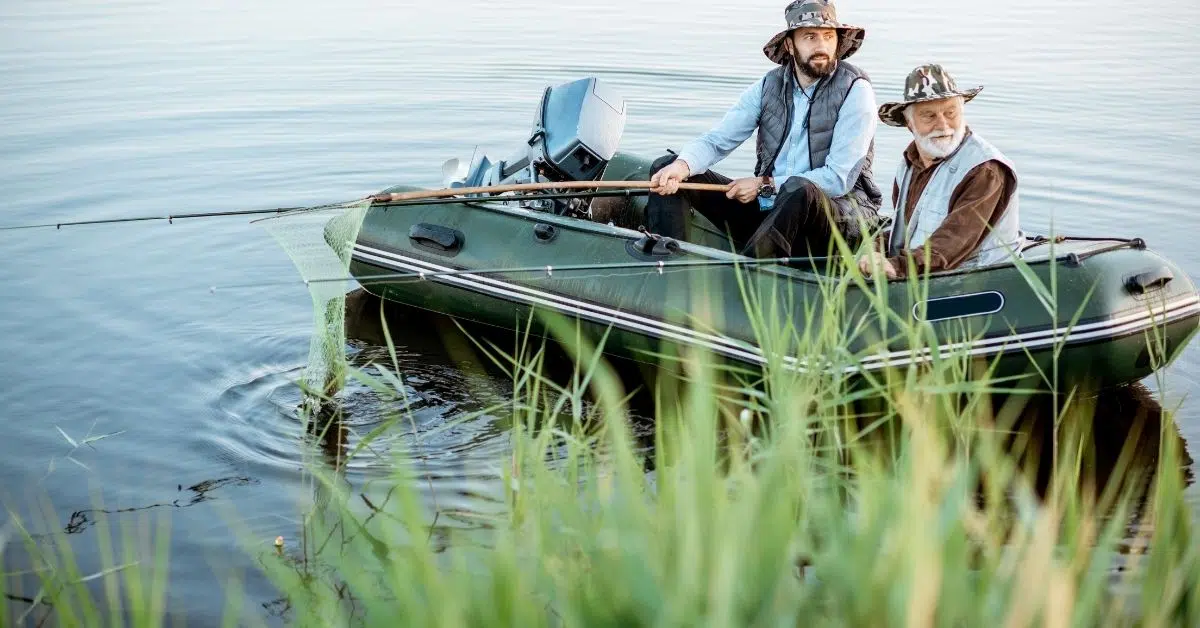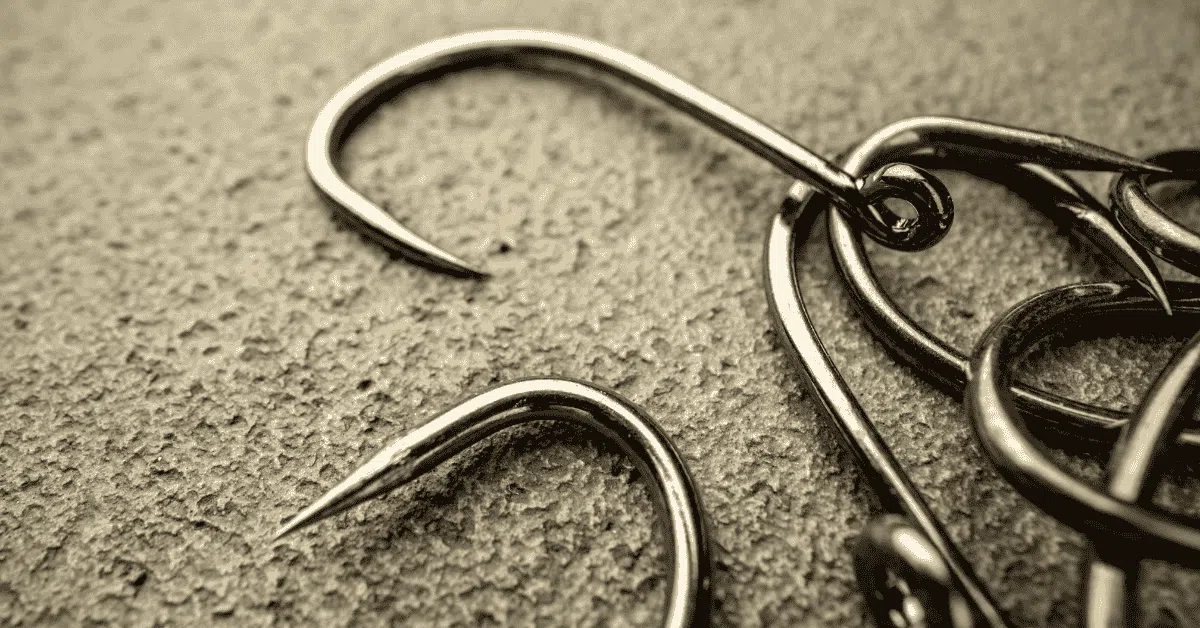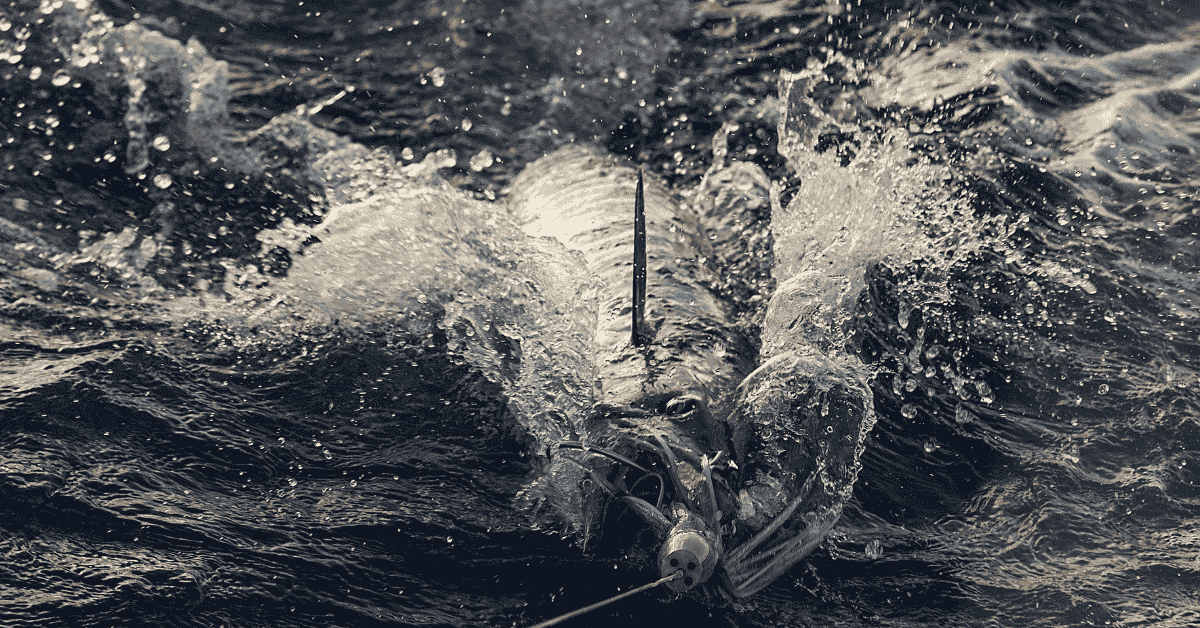Getting a fishing license is a critical first step if you are interested in casting a line while enjoying the great outdoors. So, keep on reading to find out more about how to get a fishing license, from figuring out the purpose of having one to a step-by-step guide on applying for one! There are usually different kinds of licenses, only with variations between residents and non-residents.
Freshwater/Saltwater Licenses: Depending on where you are fishing? It will determine if you need a freshwater or saltwater license. A few states offer combination licenses that cover both forms of fishing.
Sort Brief of Article
ToggleWhere to Obtain a Fishing License
Here we found some of the best ways to get a fishing license:
Online Options: One of the easiest ways to purchase a fishing license is online. Most states offer official websites for license applications, and you can purchase without moving a leg out from your couch.
In-Person Locations: Some people love the in-person touch of going to local stores, driving up to a state wildlife agency (no judgment here), and some of the bigger businesses. Other sporting goods stores and outdoor outfitters are authorized to sell licenses. Of course, it’s easier than not to grab your license while shopping for fishing stuff.
Process To Get a Fishing License Online
Find Your State First, go to the website of your state’s Fish and Wildlife or Fish and Game Department. However, be aware of third-party sites that could charge extra.
When completing the application, you will be asked to enter personal information such as your name, address, and birth date.
In some states, you may also be required to form an account. Paying for the Job Most websites provide different payment methods, so make sure you have your payment details on hand. Getting the license After your payment is processed, you can usually print out your license on the spot. A few states even provide electronic licenses that can be shown on a cell phone.
Get A Fishing License Easily In Person
Find a Location Find an authorized location close to you. This information is usually available on the state’s Wildlife Department website.
Mandatory Documents: You must be 18 and bring your ID and address (if you have one). Non-residents may be required to provide additional documentation. Filing the application Fill out the application form provided on the spot.
If you have queries, staff members will usually be available to help. After completing the application and making payment, you will receive your fishing permit. Locations might also carry them in laminated form.
How much does a fishing license cost in Texas
The cost of a fishing license can depend on several factors, including where you live, what type of license you get, and how long you get one.
A normal resident annual fishing license is between $15 to $50, and non-resident licenses are often more expensive, between $30 to $150. Discounts and Exemptions Seniors, Veterans, and Disabled discounts may apply. Some states also provide free licenses to particular groups. Such as full-time active-duty military members.
Short-Term vs. Annual Licenses: If you are only liable for recreational fishing for a day or two, a short-term license is the more cost-effective. However, regular anglers often save money by buying an annual permit.
Special Permits Some species (trout or salmon) might require special permits. They also often have special rules designed to help control and conserve those important fish populations.
Fishing License Requirements by State
Get to know the laws and regulations in the state where you plan to fish. We also recommend that you familiarize yourself with the most up-to-date state-specific regulations about fishing seasons, catch limits, and gear restrictions. Make sure to verify current regulations before going.

When to Renew Your Fishing License Fishing licenses are usually valid for a full year from the date of purchase. Put a reminder on your calendar to renew your license when it expires.
Reapplication Process Getting your license renewed can be done online or in person. You would have to go through the same steps as the first application. Automatic Renewal Options A few states offer automatic renewal options, which means you do not need to remember to renew each year.
Fishing Without a License: Penalties and Risks!
Legal Actions If caught fishing without a valid license, you may face any of the following legal actions; It’s not worth the risk!
If stopped for violating the law, a driver could receive a ticket and be fined. It depends on the individual state (fines range from $50 at the low end to hundreds of dollars).
Conclusion: It is very easy to get a fishing license in Alabama. It helps to conserve fish and allows one to fish legally. Applying either online or in person is quick and easy, and the rewards are huge.




